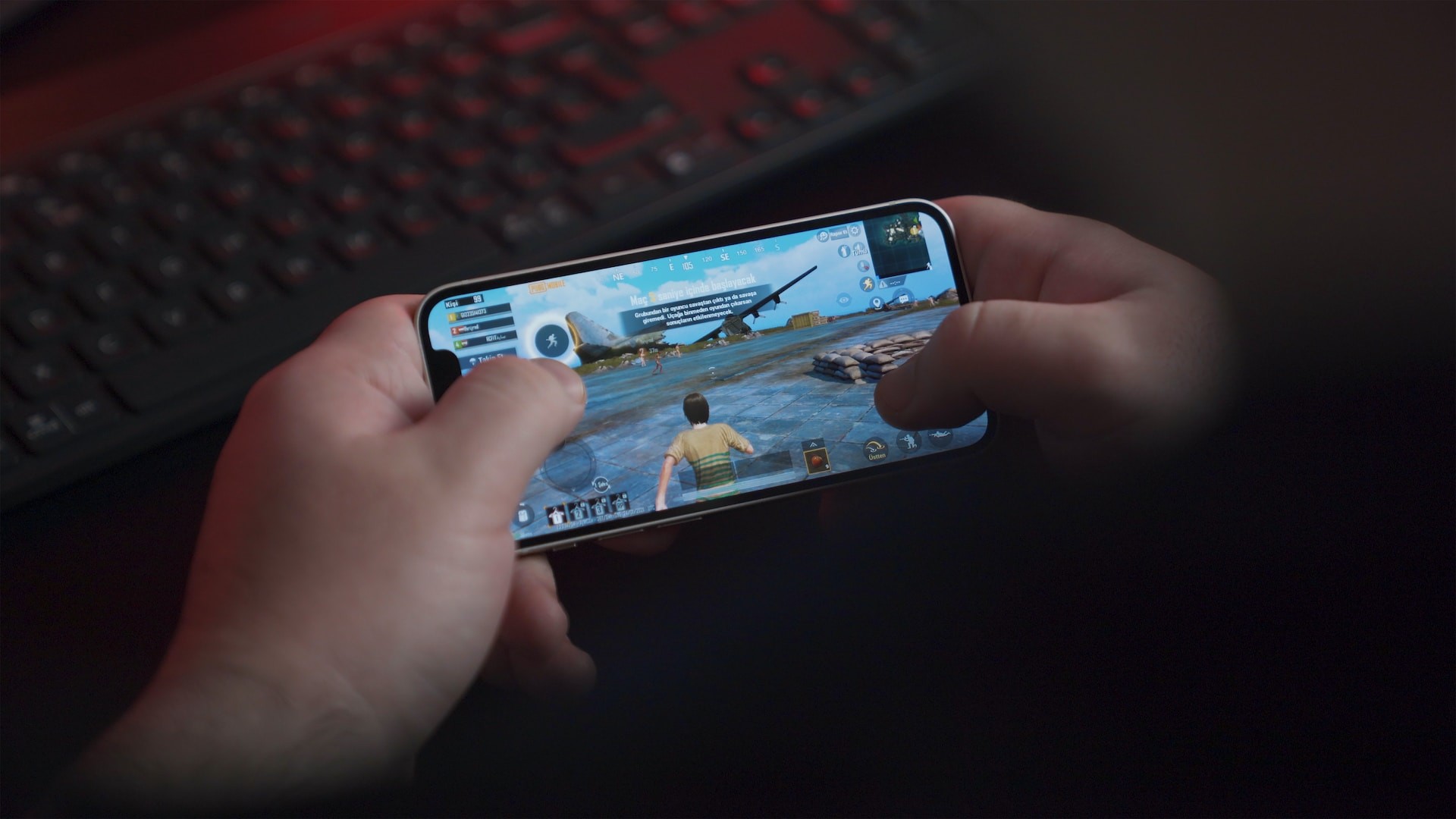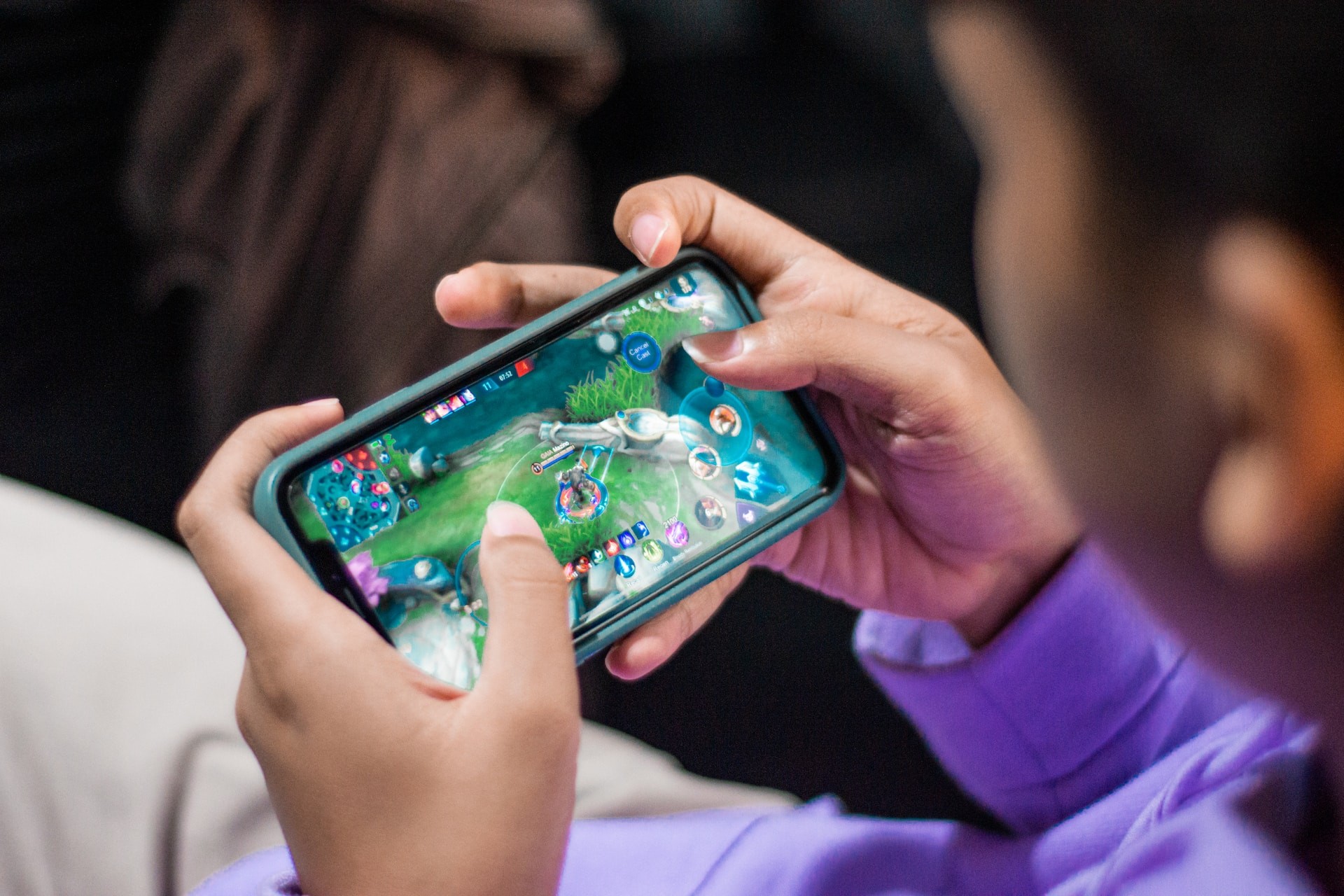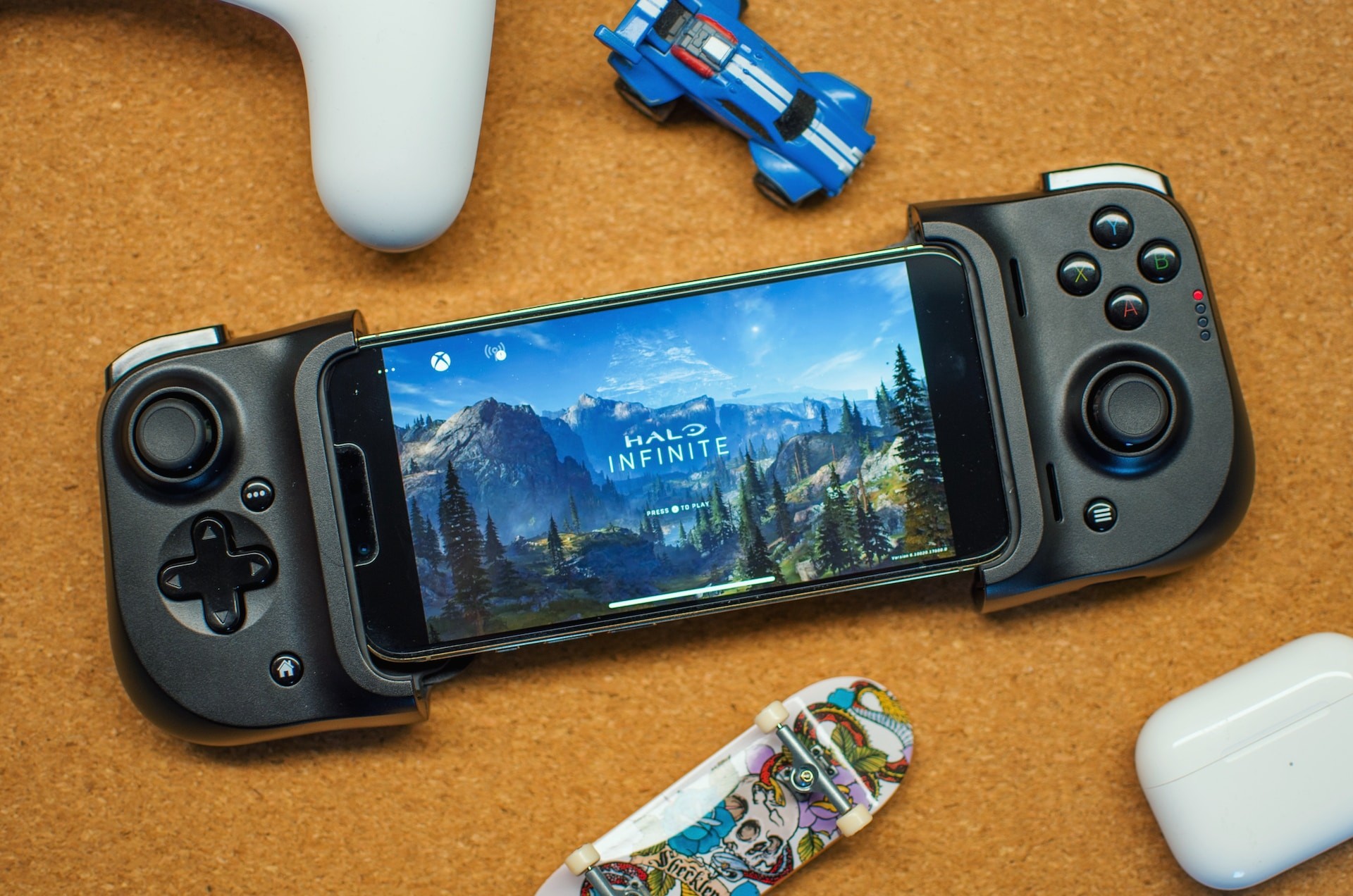Revolutionizing Mental Health Management: The Power of Mobile Gaming
- 2023-07-26 06:30
- 0 Comments

Over the past decade, the rapidly evolving field of mobile gaming has emerged as a powerful tool in the realm of mental health management. With the advent of smartphones, gaming has become more accessible than ever, providing an easy and convenient form of entertainment for people of all ages. However, the benefits of mobile gaming go far beyond mere entertainment.
Studies have shown that mobile gaming can play a pivotal role in managing mental health conditions, such as anxiety, depression, and stress. The immersive nature of these games can help distract the mind from negative thoughts and emotions, while the challenge and gratification of completing a level or achieving a high score can boost self-esteem and mood.
The Psychological Benefits of Mobile Gaming

Mobile games, with their vibrant visuals, engaging gameplay, and compelling narratives, can provide a much-needed escape from the pressures of daily life. This form of escapism can be particularly beneficial for those struggling with mental health issues. Immersing oneself in a virtual world can help to break the cycle of negative thought patterns, providing a respite from the stress and anxiety that often accompanies these conditions.
Moreover, the sense of accomplishment that comes from advancing in a game can help to improve self-esteem and confidence, thereby reducing feelings of worthlessness and depression. Furthermore, the social aspect of many mobile games, which allows players to connect and interact with others around the world, can help to combat feelings of isolation and loneliness, which are common amongst those with mental health issues.
The Role of Mobile Gaming in Cognitive Development

Aside from its psychological benefits, mobile gaming can also play a key role in cognitive development. Many games require strategic thinking, problem-solving, and memory skills, all of which can help to improve cognitive function.
This can be particularly beneficial for those with mental health conditions that impact cognitive abilities, such as depression and anxiety. By regularly engaging in activities that challenge the brain, individuals can help to keep their minds sharp and improve their overall mental well-being. Additionally, research has shown that certain types of games, such as puzzles and strategy games, can help to reduce the risk of cognitive decline in older adults, thereby potentially delaying the onset of conditions such as dementia and Alzheimer's disease.
Mobile Gaming as a Therapeutic Tool

In recent years, mental health professionals have begun to acknowledge the potential of mobile gaming as a therapeutic tool. Many therapists now incorporate gaming into their treatment plans, either as a form of distraction therapy or as a means of teaching clients new coping strategies.
For example, games that promote relaxation and mindfulness can help individuals to manage their stress levels and improve their ability to focus. Similarly, games that require players to complete tasks under pressure can help to improve resilience and stress management skills. By incorporating gaming into therapy, mental health professionals can provide their clients with a fun and engaging way to improve their mental health and well-being.
The Future of Mobile Gaming in Mental Health Management
As the field of mobile gaming continues to evolve, its potential in the realm of mental health management becomes increasingly apparent. With the advent of virtual reality and augmented reality technologies, the possibilities for therapeutic gaming are virtually limitless.
As more research is conducted into the benefits of gaming for mental health, it is likely that we will see even greater integration of gaming into therapeutic practices. Moreover, as society becomes more open and understanding about mental health issues, it is hoped that the stigma surrounding these conditions will decrease, making it easier for individuals to seek help and support. In this way, mobile gaming has the potential to revolutionize the way we approach and manage mental health, providing a new and innovative way to improve mental well-being and quality of life.






Leave a comment